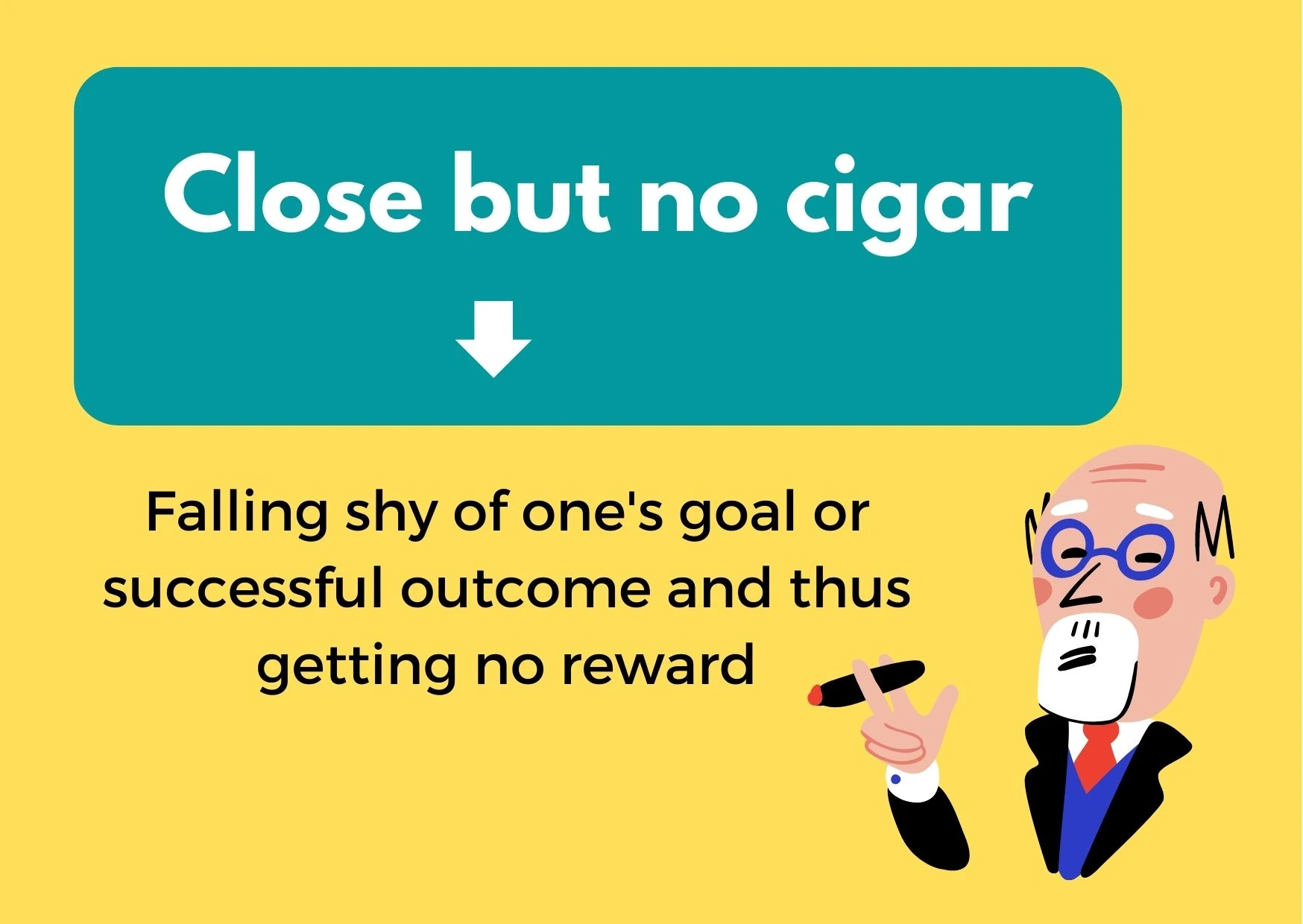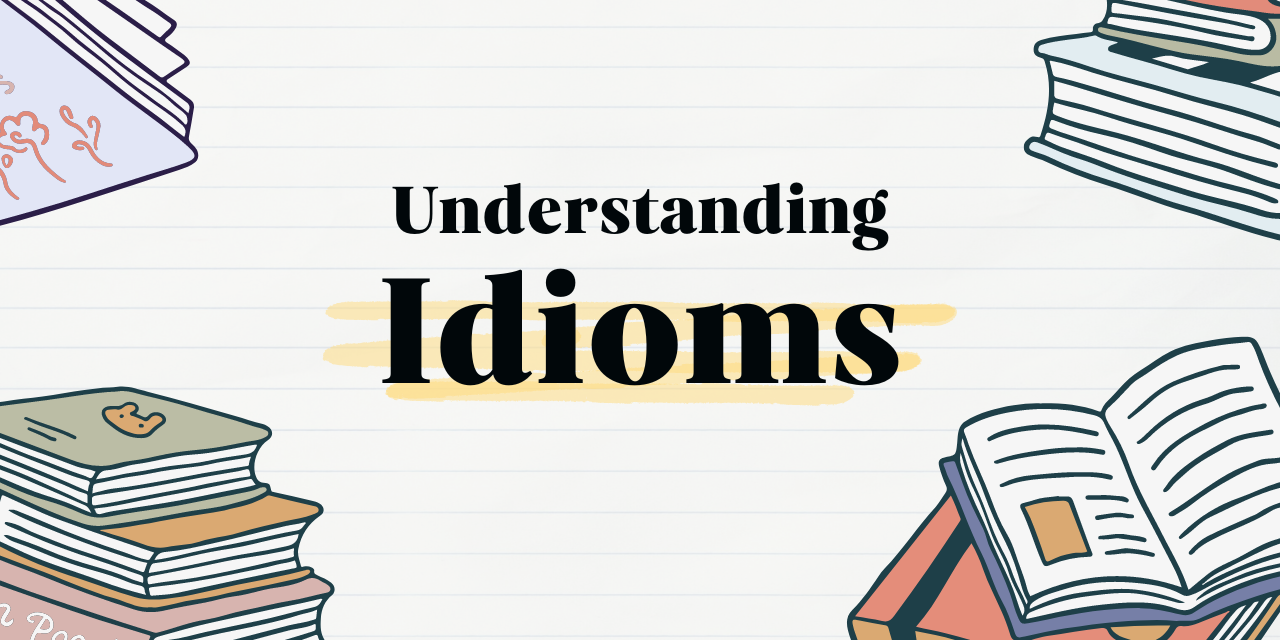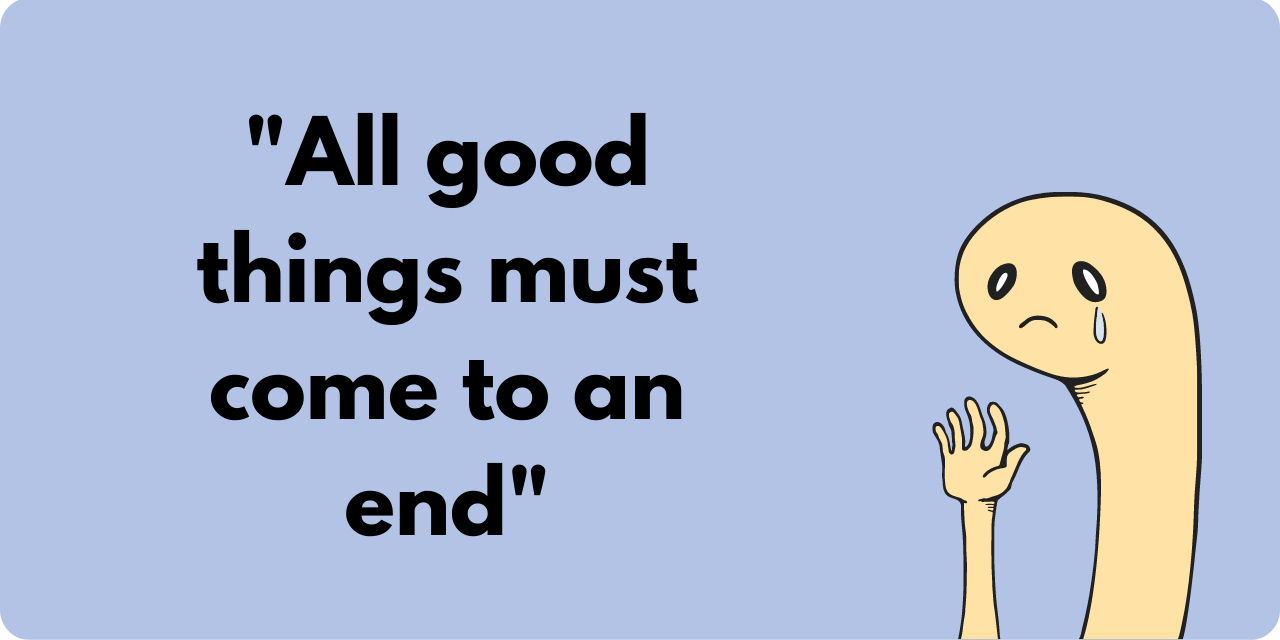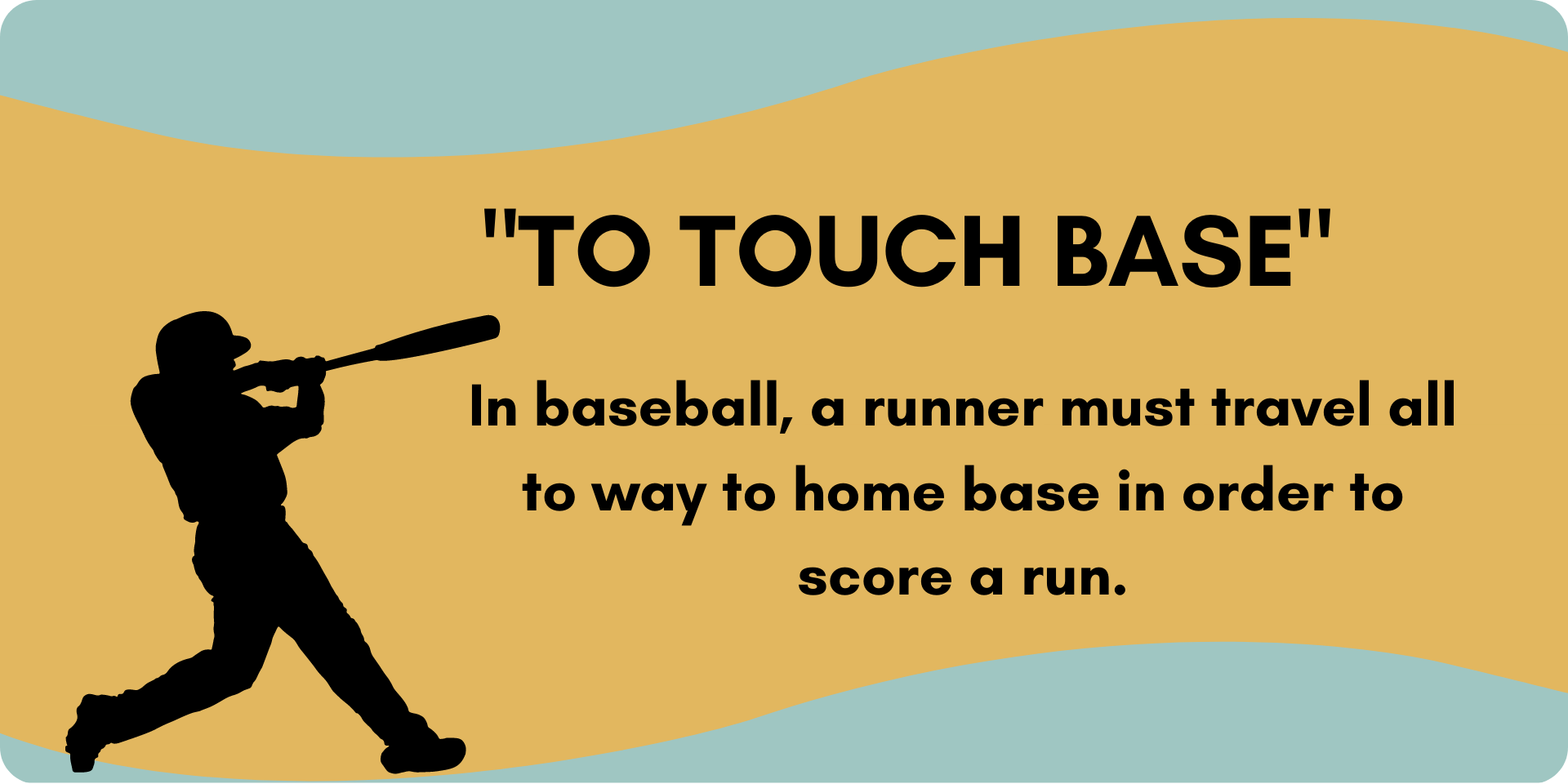There has probably been at least one moment in your life where you have almost fully achieved something but haven’t fully met your goal. In response to this, someone may say, “close, but no cigar.” What exactly does this mean?
What Does The Phrase Mean?
“Close, but no cigar” is a saying that describes when someone falls shy of their goal or successful outcome and thus gets no reward. It is commonly used as a response or colloquial saying people say to their friends or colleagues.
How Did “Close, But No Cigar Originate?”
This common phrase is believed to come from the 1920s. Specifically, when public fairs and events would give out actual cigars as prizes. Compared to our modern-day view of carnivals, most of the entertainment back then was centered around adults. As you can probably visualize, when someone was shy of winning the prize, the game attendant would probably say, “close, but no cigar.” It is also thought that this phrase spread so fast due to the traveling nature of carnivals and fairs.
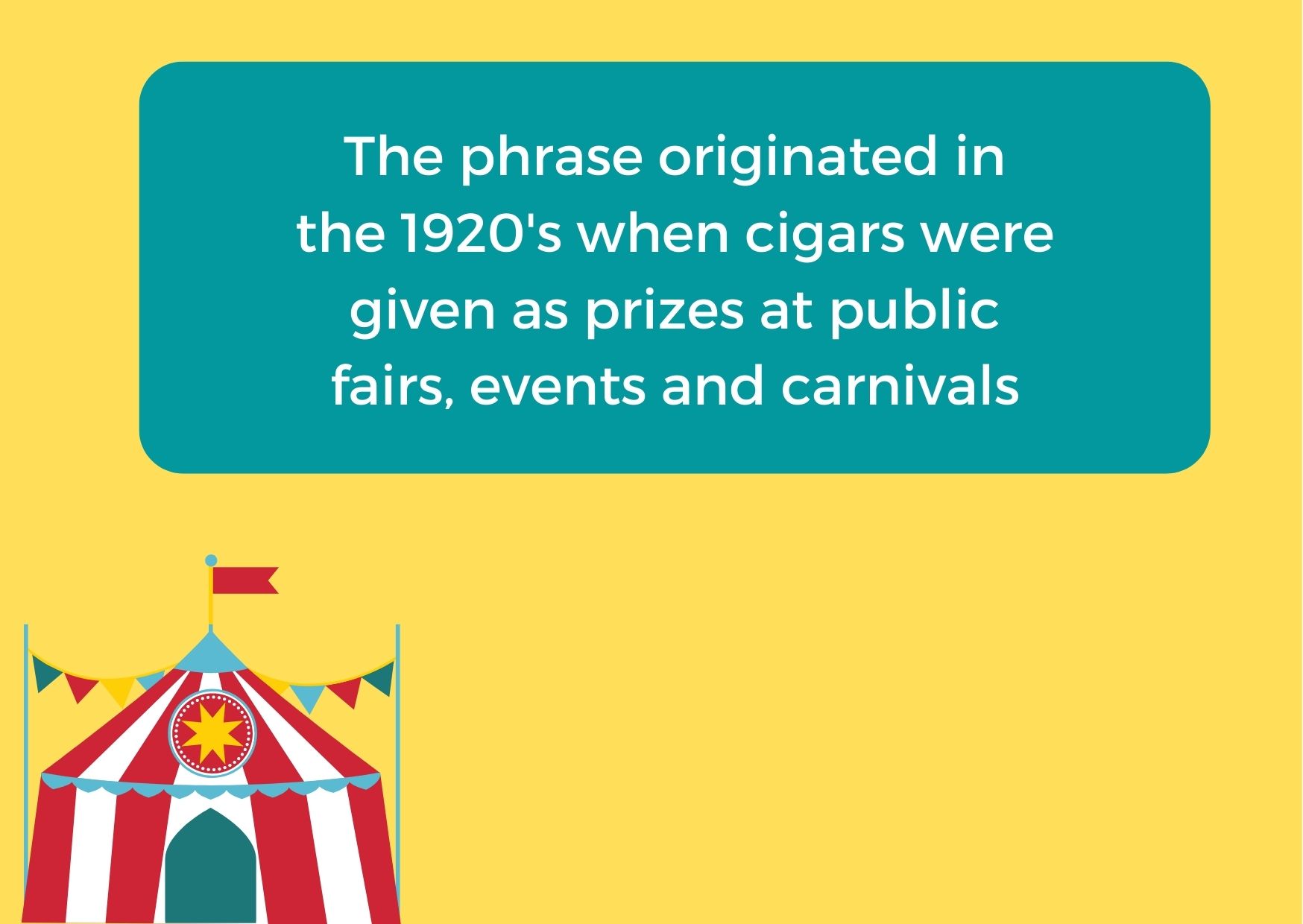
As support for its suggested origin, many books from the early 20th-century use and show this phrase in action. The first well-known recording of this phrase was from the Long Island Daily Press newspaper. The phrase refers to a man who failed to win the presidential position in a community organization.
Punctuation variations:
There are a number of punctuation variations of the phrase. All are acceptable, as you will see from the various media examples below. Some put a comma before “but,” and some hyphenate the phrase (often when it is used as an adjective), while others insert additional information between the words (name, adjective, etc.) for further emphasis. Have a look at the examples from reputable media sources below:
Media Examples:
Here, the phrase is used as an adjective to describe a school, and therefore the author decided to hyphenate the phrase:
Though the Metropolitan Transportation Authority is reportedly weighing the option of extending a new rail link south to meet the complex, the pity — the absurd reality — of the relationship between the forthcoming stadium and the under-construction Crenshaw Line is that we are once again facing the prospect of a major landmark and a rail route coming tantalizingly close to each other without actually linking up. Call it the close-but-no-cigar school of regional planning. See the Gold Line and Dodger Stadium and the Green Line and LAX for earlier examples. – Los Angeles Times
Here, a single hyphen is used for dramatic effect:
Fellow hacks Stephen Armstrong and James Robinson will be kicking themselves – their names were drawn out of the hat before Born’s, but as they weren’t at the Five bash at the time, it was close – but no cigar. – The Guardian
For a similar effect, an ellipsis is used:
“Who came close… but no cigar. Leeds United were too big for League One following their relegation to the third tier in 2007.” – The Guardian
For a direct address:
“Close, James, but no cigar.” – The Guardian
Summary
In the 21st century, it isn’t as common to see cigars used as prizes in carnival games. Cigars have lost general popularity over time. This phrase has stuck around, with a meaning that seems to become more poetic and historical as the years go on!
Further reading:
Go To Hell In A Handbasket – Meaning And Examples

